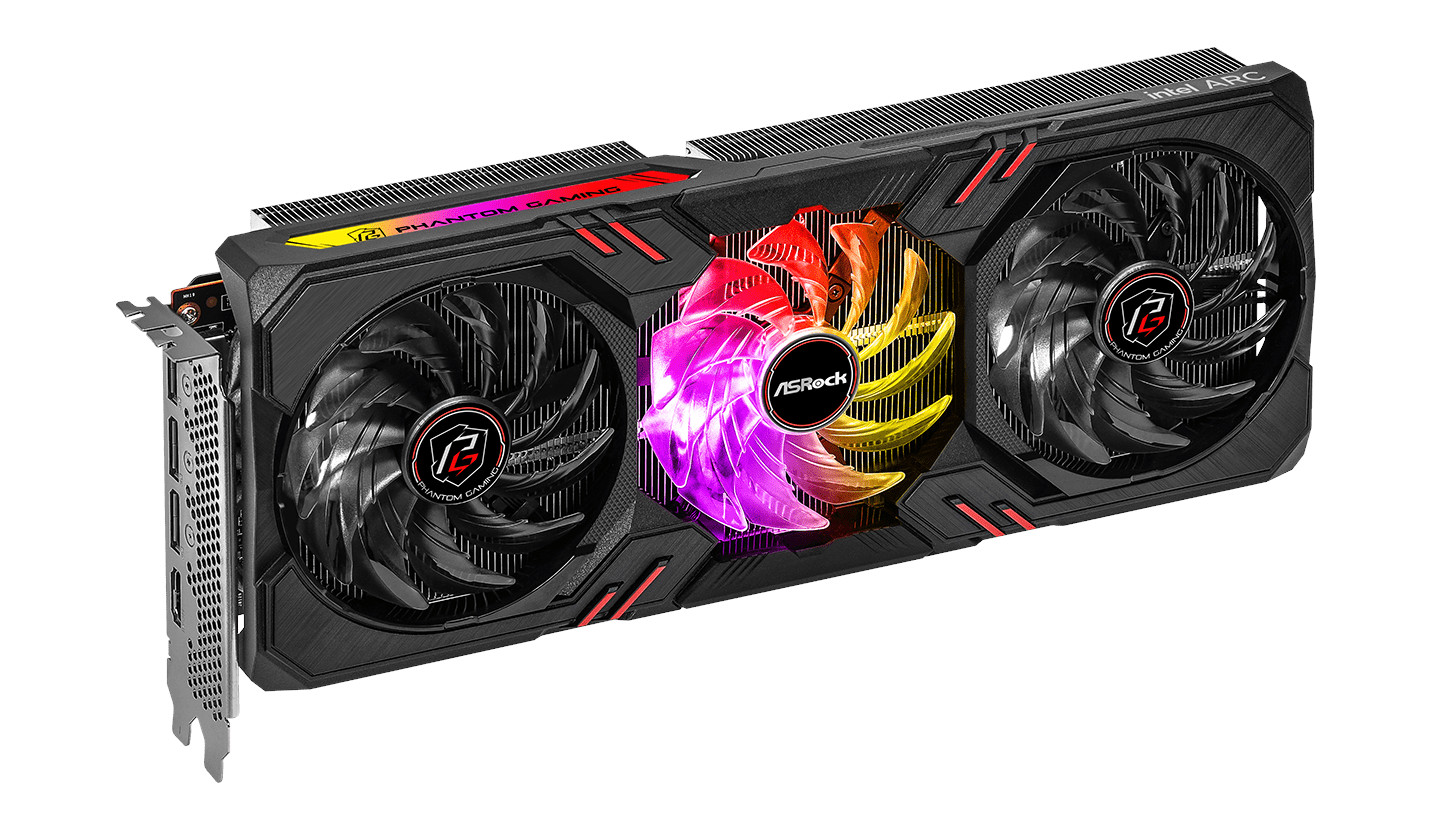Intel’s Arc GPUs are still very much on track when it comes to the next-gen offerings, Battlemage and Celestial, plus Alchemist GPUs just got a big update that ensures they perform much faster with some of the best PC games.
Raja Koduri provided updates on a number of topics in an interview conducted by Gadgets 360 (opens in new tab) (G360), in which Intel’s graphics guru gave us a firm confirmation that the chip giant is still holding to its intended future roadmap for GPUs. Namely launching Battlemage in 2023, and Celestial in 2024 (though third-gen cards could perhaps slide to 2025).
G360 asked: “Are you going to be sticking to the roadmap for Battlemage and Celestial?”
To which Koduri replied: “Yes, absolutely.”
G360 also questioned Koduri on optimizing for the “top 100 games” that are still DX9 and DX11, older titles being an area where Arc graphics drivers have been below-par, and the Intel exec noted that in this respect: “I think you should see a big update before Christmas.”
And indeed just a matter of days after this interview happened, Intel released a new driver update containing those promised improvements – and they were indeed big leaps in performance.
With Arc driver version 31.0.101.3959, we’re talking major boosts for League of Legends and Counter-Strike: Global Offensive (huge hit games on DX9), and the likes of DOTA 2 and Shadow of the Tomb Raider (DX11). Counter-Strike got a 77% boost in 1080p resolution, for example, which is pretty incredible, and League of Legends a still very substantial 37% gain (compared to the Arc driver back in October).
Analysis: A promising GPU road ahead?
Regarding the roadmap, it’s good to hear Koduri sounding very positive about the incoming Battlemage and Celestial graphics cards – his answer comes in no uncertain terms, though he wouldn’t be drawn to confirm Battlemage for next year. Of course, given the Alchemist rollout – and any hardware launch schedule in general, to be fair – it’d be foolish to start making any concrete promises at this stage.
The other good news here is that when Battlemage does arrive, we can expect a sizeable performance leap not just from the generational gains delivered by the new hardware, but also from those Arc drivers which are being continually honed.
This latest driver is still in beta – meaning it’s just for testing right now, and could be a bit wonky – but the release version will no doubt follow soon enough, offering a huge performance uplift with some games that have been real weak spots for Intel. This comes on the heels of a bunch of driver updates that have already delivered a host of improvements, for example, gains of up to 20% over the course of a month with the flagship A770 GPU.
If that kind of progress continues – and work on smoothing out glitches and ensuring better overall compatibility across a range of games, as well as advancing frame rates – Intel will be in much better shape to challenge Nvidia and AMD. There’s a definite opportunity at the lower end of the market, what with king-of-the-GPU-hill Nvidia constantly overlooking the budget arena.
Intel already has around a 4% to 5% market share of the discrete GPU world, we recently heard, and that could well increase to double figures if Battlemage weaves some increasingly potent frame rate sorcery. Furthermore, if next-gen RDNA 3 products also come out strong, and bolster AMD’s market share, maybe Nvidia’s constant 70% to 90% hold on the desktop graphics card sphere could finally be broken.
Via Wccftech (opens in new tab)





